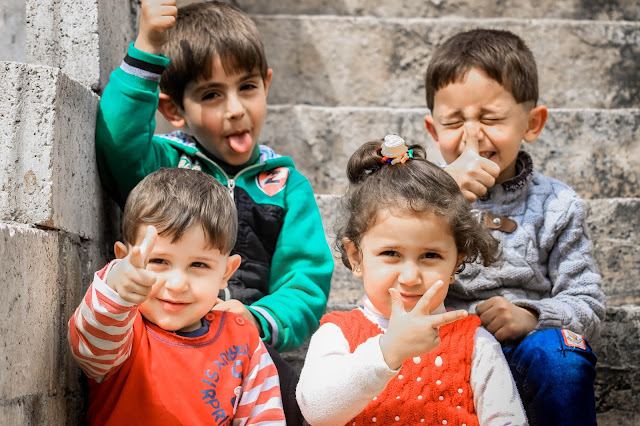 |
Various factors had gradually changed a historical childhood vulnerability to a highly important aspect of society. The first evidence was found through Industrialization.
Industrialization
The
skilled labor demand at adult ages for industrial work had a reverse effect on
the demand for childhood labor. Thus high preferences were given to fathers and
children more than 7 years old.
Moreover; the industrial sector plan to have more skilled workers in the
future therefore they started Sunday Schools in which 7-year kids were admitted
for skilled training & education.
Gradually the number of schooling days increased and middle childhood
labor diminished.
Urbanization
Another
significant contribution was through Urbanization where the family’s economy
shifted from commodity to cash. Still,
the poor families preferred their children as labor to get more income and due
to this reason, commonly their family size was high. Parents attitude, on the other hand, were
started changing when recognized the class difference. It was understood that the future economy
requires skilled & educated people that would be the key to change the
social/economical class. Thus; education
became the status symbol and schooling/education became the norm of the
society.
Health Care
The
children mortality rate has dramatically been declined due to better health
facilities and in combination with modernization and education. In today’s world having the best child health
facilities, there is 170 times more likely survival rate as compared to past.
Children Education
As
children's education became a separate science and a specialized field, the
role of educational institutions become more critical. Subsequently; skilled teachers’ concept was
aroused with the passage of time, along with education policy, country-wide
curriculum, and international schooling systems. Moreover; educationists started working on
childhood development studies and childhood became a strong entity of society.
European
Education or in other words Modern World Education could go as far as the 15th
century. During these eras, secular-centered education was highly concentrated
in which Friedrich Froebel, Maria Montessori, Rudolf Steiner, and Loris
Malaguzzi were the key players. These
educationists concentrated on child mental and social development and getting a
high level of competency from them to support the environment and economy
therefore these standards had radically changed the world education system and
had become the international education standard globally.
The
modern world has widely acknowledged that the effects of what happens during
the prenatal period and thousand days (3 years) of a child’s life can last a
lifetime. It is during early care that a
child develops all the key elements of emotional intelligence, namely
confidence, curiosity, purposefulness, self-confidence, capacity to communicate,
and cooperativeness. Children who have
higher levels of emotional intelligence are more likely to remain in education,
whereas, those with emotional difficulties tend to drop out.
Childhood
rights and theories were undermined throughout history, however; for the first
time in history UN Convention on the Rights of the Child (1989) identified “a child means every human being below the
age of 18 years” had not only
provided the identity but Children’s Rights of expression first time ever.
Today
we have very little evidence of this social disorder or tolerance of practices
in the past due to recognizing children as a separate entity, by rising the
concept of children development and considering them the generation of the future. However; consequences & patterns may vary
geographically or as per religious or cultural beliefs.
|
Bibliography |
Dawood Janan, ‘Childhood History’, 3rd
Ser, Blogger.com, (26 Feb 2021) Note: This Article contains series; The
Changing Factors of Childhood is the third article of the series |
You ate absolutely right
ReplyDeleteamazing writeup! full of insight
ReplyDeletevery informative series
ReplyDeletewell written
ReplyDeleteGrt
ReplyDeleteBravo
ReplyDeleteGreat efforts
ReplyDeleteReally informative
ReplyDelete